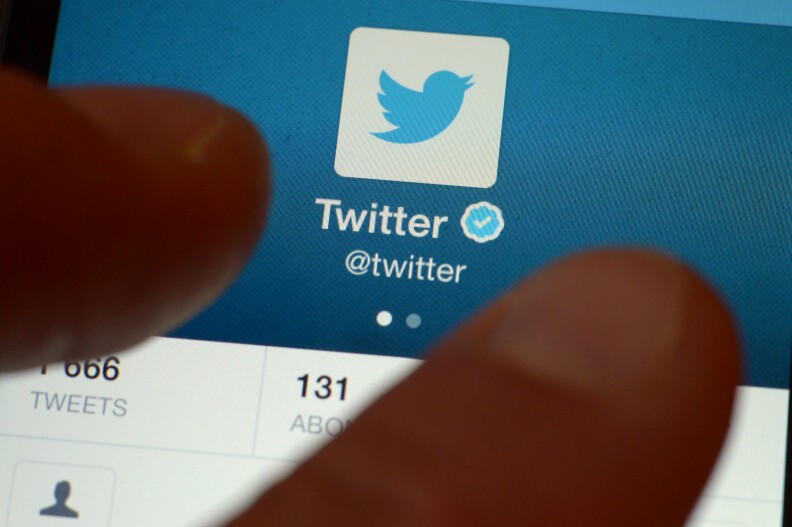Facebook and Twitter have come under fire recently for allowing unverified information to be pushed through social media.
But what's at the root of the fake news problem? Often times, it's bots. As California Assemblymember Marc Levine explains it:
"Bots are accounts on social media sites that are not real humans. They're just automated artificial intelligence that push out messages or even buy advertising that have no human connection but [they] do have a goal, and that is often to spread disinformation."
Levine has introduced a bill that would require bot accounts to display a disclaimer. The goal is to make it easier to identify bots as non-human users.
He spoke to Take Two's A Martinez to detail how he plans to bring more transparency to social media sites.
Transparency in 3 steps
Assemblymember Levine's bill establishes new standards that would make it easier to detect when a social media account is in, fact, a bot. He likens the process to that of the Twitter verified check mark.
"What we would require is a similar disclaimer on the bot accounts so that when they're producing content that that content can be shown in a way that users would know could be dubious.
Secondly, we would make sure that all bots are actually connected to a real human, so the real human doesn't have to be doing everything but there needs to be greater accountability for the behavior of those bots.
Lastly, real humans would be responsible for buying advertising on social media, not the bots. We would ban bots from buying any advertising on social media. "
The bill may be heard in committee March 1st.



